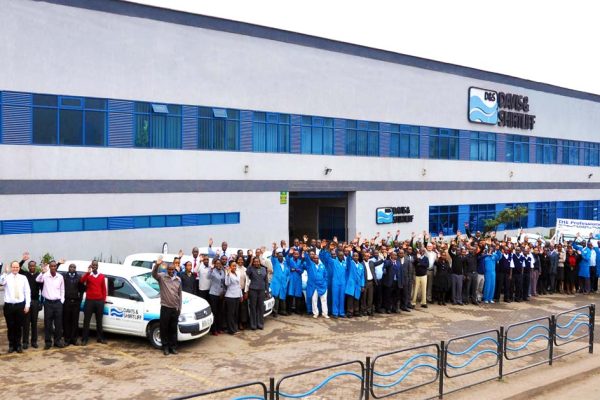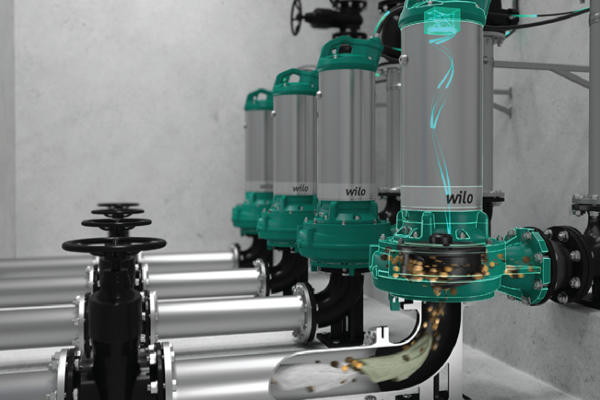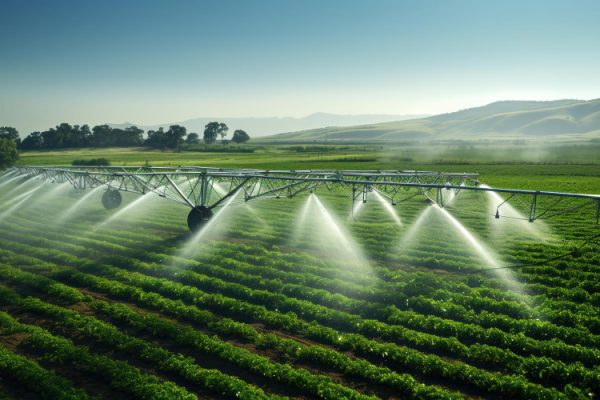
World Water Day Celebration
Every 22nd of March, a significant global event takes center stage – World Water Day. More than just a date on the calendar, this annual observance serves as a poignant reminder of the critical importance of water and the collective responsibility we share in preserving this life-sustaining resource. Why World Water Day? World Water Day is an initiative by the United Nations that seeks to draw attention to the profound significance of freshwater and advocate for the sustainable management of water resources. With a thematic focus each year, this event explores diverse facets of water-related challenges and encourages individuals, communities, and organizations to join forces in addressing these issues. The Global Celebration: How is World Water Day Celebrated? World Water Day is marked by a myriad of activities and events worldwide. From educational seminars and community clean-up initiatives to art installations and film screenings, the celebration takes on a multifaceted approach. The aim is not only to raise awareness but also to inspire concrete actions towards safeguarding water for present and future generations. Key components of the celebration include Educational Campaigns:Organizations, schools, and communities organize workshops, lectures, and awareness programs to educate people about the importance of water conservation, responsible water use, and the impact of water scarcity on global ecosystems. Community EngagementMoreover, local communities often participate in clean-up drives around water bodies, riverbanks, and coastal areas. This hands-on involvement fosters a sense of environmental stewardship and highlights the immediate impact individuals can have on their surroundings. Artistic ExpressionsMeanwhile, art installations, photography exhibitions, and poetry slams centered around water-related themes provide a creative platform for artists to convey the urgency of water conservation. These artistic expressions not only captivate audiences but also evoke emotional connections to the cause. Policy AdvocacySimultaneously, World Water Day serves as an occasion for policymakers and experts to convene and discuss innovative solutions to water-related challenges. The event catalyzes dialogue on critical issues such as water scarcity, pollution, and access to clean water, fostering a global commitment to enacting change. Why Participate in World Water Day? Participation in World Water Day is not merely symbolic; it is a tangible contribution to a sustainable future. Here are compelling reasons why individuals should actively engage in this global initiative: Water is Life:In essence, water is an essential element for all living organisms. By participating in World Water Day, individuals acknowledge the pivotal role water plays in sustaining life and commit to safeguarding this invaluable resource. Global SolidarityFurthermore, World Water Day transcends borders and unites people worldwide in a shared mission. Participating individuals become part of a global movement working towards common goals, creating a sense of solidarity and shared responsibility. Educational EmpowermentEqually important, the events and activities organized on World Water Day provide invaluable education on water-related issues. By participating, individuals equip themselves with knowledge to make informed choices about water usage and conservation in their daily lives. Individual ImpactConsequently, World Water Day emphasizes that individual actions collectively make a significant impact. By participating in community initiatives, reducing water consumption, and advocating for sustainable practices, individuals contribute to the larger goal of preserving water resources. Conclusion In conclusion, World Water Day is not just an annual observance; it is a call to action, a global movement for change. As we celebrate this day each year, let us remember that our commitment to water conservation today shapes the quality of life for generations to come. Lastly, join the ripple effect – participate in World Water Day, and together, let’s make waves of positive change for our planet’s most precious resource. Contact TrendBlend Hub Website: – Click HereWhatsApp | Call: +254 743 149 267 | + 254 738 352 258Email Address: info@beseenlimited.com | sales@beseenlimited.comFollow our IG: @TrendBlendHubKe





